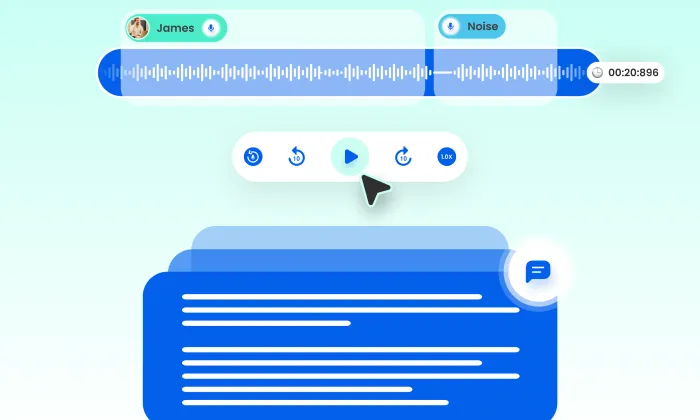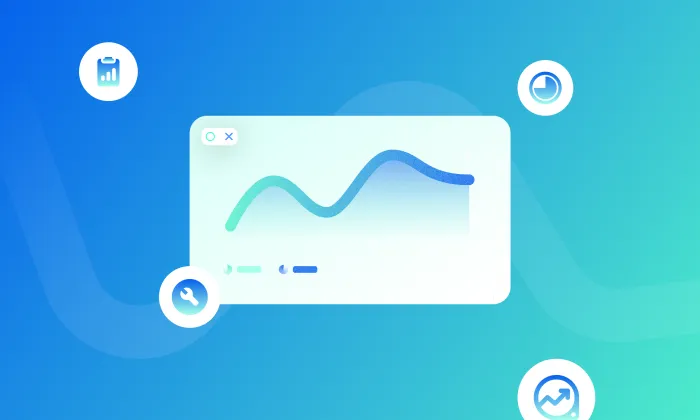How is dictation data used in electronic health record (EHR) automation?
EHR
Healthcare
Automation
Dictation data is transforming the landscape of electronic health record (EHR) automation by enhancing the speed and accuracy of clinical documentation. As healthcare professionals verbally document patient interactions and treatment plans, this data is crucial for converting spoken words into structured, actionable information.
Key Advantages of Using Dictation Data in EHRs
- Efficiency Gains: Dictation allows healthcare providers to document patient encounters more quickly than manual typing. This efficiency reduces administrative burdens, freeing up time for patient care.
- Improved Accuracy: Automated transcription systems, trained on medical voice recognition technology, reduce errors in clinical documentation by accurately capturing complex medical terminologies.
- Enhanced Patient Care: By streamlining documentation processes, clinicians can dedicate more attention to patients, leading to better-informed decisions and outcomes.
Steps Involved in EHR Automation Using Dictation Data
- Audio Capture: Clinicians use devices like smartphones or digital recorders to capture dictations. High-quality audio (e.g., 48 kHz, 24-bit) is essential for clarity.
- Transcription: Automated speech recognition (ASR) systems convert audio into text. These systems are tailored to understand medical language, ensuring precise transcription.
- Annotation and Structuring: Transcripts undergo processing to annotate medical terms and structure information according to EHR standards, such as linking diagnoses to ICD-10 codes.
- Quality Assurance: A rigorous QA process, involving automated checks and human review, ensures transcription accuracy and compliance with medical standards.
Overcoming Challenges in EHR Automation
While dictation data offers numerous benefits, it also presents challenges:
- Contextual Accuracy: ASR systems may struggle with varying speech patterns and context-specific terms. Training on diverse speech datasets that mimic real-world scenarios is crucial.
- Privacy and Compliance: Handling sensitive health information requires adherence to regulations like HIPAA and GDPR. Robust systems are necessary to ensure data privacy and de-identification.
- Integration Complexity: Seamless integration of dictation data into EHR systems demands collaboration between IT and clinical staff to ensure data flows smoothly into existing workflows.
Real-World Implications
Healthcare providers are increasingly adopting dictation data for EHR automation. For instance, a hospital using FutureBeeAI’s services saw a significant reduction in documentation time, allowing clinicians to focus more on patient care. By leveraging FutureBeeAI's expertise in AI data collection, annotation, and tooling, healthcare institutions can enhance the efficiency and accuracy of their EHR systems.
For healthcare providers seeking to enhance their EHR systems with dictation data, FutureBeeAI offers comprehensive solutions that ensure high-quality data collection and integration, tailored to your specific needs.
FAQs
Q. How does dictation data improve clinical documentation?
A. Dictation data allows clinicians to document notes verbally, reducing administrative tasks and improving the accuracy of the captured information.
Q. What are the key challenges in implementing dictation data in EHR systems?
A. Challenges include ensuring transcription accuracy, maintaining data privacy, and integrating dictation processes smoothly into existing workflows.
What Else Do People Ask?
Related AI Articles
Browse Matching Datasets
Acquiring high-quality AI datasets has never been easier!!!
Get in touch with our AI data expert now!








